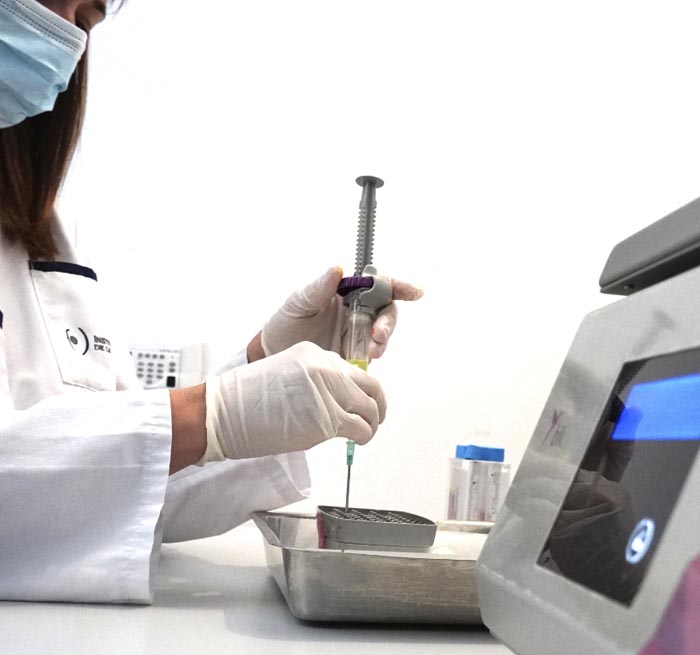Corneal keratitis is an inflammation of the cornea, the anterior structure of the eye. The cornea is a transparent and avascular tissue. Its main characteristic is transparency, which allows light and images to pass into the interior of the eye.
Keratitis can be superficial or ulcerative. The superficial type only affects the epithelium. The ulcerative type affects deeper layers of the cornea.
Superficial corneal keratitis is the most common. It usually heals without leaving scars. Ulcerative keratitis, in some cases, can be severe and cause scars that require a corneal transplant.
The causes of keratitis are varied. They can be infections (bacteria, fungi, amoebas, parasites, and viruses), dry eye, exposure, staphylococcal hypersensitivity, or residual corneal foreign bodies, among others.
Bacteria are the most common cause of infectious keratitis. Until proven otherwise, corneal infections are considered to be of bacterial origin. These infections can be very severe. A correct diagnosis and early treatment are essential to control the infection.



